BIG DATA
FEATURE

For one, despite naive views to the contrary, oil is a scarce asset, whereas data is not. It was not until the advent of blockchain technology, that the concept of data singularity even became possible. A barrel of oil or the unexploited resource deep underground or trapped in shale deposits cannot have a digital twin and certainly not with a fractional cost of zero. While digital tokens can represent a share of an underlying asset such as oil, the fact of the matter is that the party that has the care, custody and control of the asset – in oil’s case typically a gun-toting nation state – will ultimately have the final say on how it is monetized and apportioned. This is one of the reasons oil and natural resources are so often a casus belli and the subject of expropriation and nationalization cases. Oil, like other tangible assets, labors under a high “drag coefficient” or friction and is geographically constrained. Data, by contrast, is not only borderless, it is formless and infinitely liquid. Wars waged over oil and natural resources are subject to the doctrine of realpolitik, whereas information warfare, psyops and cyber threats play to doctrine of the id and superego turbocharged by Moore’s law and globalization.

BIG DATA
FEATURE

For one, despite naive views to the contrary, oil is a scarce asset, whereas data is not. It was not until the advent of blockchain technology, that the concept of data singularity even became possible. A barrel of oil or the unexploited resource deep underground or trapped in shale deposits cannot have a digital twin and certainly not with a fractional cost of zero. While digital tokens can represent a share of an underlying asset such as oil, the fact of the matter is that the party that has the care, custody and control of the asset – in oil’s case typically a gun-toting nation state – will ultimately have the final say on how it is monetized and apportioned. This is one of the reasons oil and natural resources are so often a casus belli and the subject of expropriation and nationalization cases. Oil, like other tangible assets, labors under a high “drag coefficient” or friction and is geographically constrained. Data, by contrast, is not only borderless, it is formless and infinitely liquid. Wars waged over oil and natural resources are subject to the doctrine of realpolitik, whereas information warfare, psyops and cyber threats play to doctrine of the id and superego turbocharged by Moore’s law and globalization.

Perhaps most insidiously, the biggest departure between data and oil stems from its valuation, which flies in the face of the billions of dollars spent each year on digital transformation and data monetization efforts. A barrel of oil and its derivatives enjoy a universally accepted transparent economic value, which is part of what enables oil-rich nations to garner future value based on proven reserves. Indeed, Venezuela’s cryptocurrency, the Petro, however fanciful, aims to play at this temporal economic relationship, although the effort has failed due to hyper-inflation and rapidly unraveling economic and social order. For data rich firms, such as Google, Facebook, Twitter, Apple, Amazon, among others, data performs much less like oil and much more like cash liquidity in a bank. In short, you only know it matters (and how much) through its scarcity caused by a bank run, lock out or some calamitous event restricting access.
Today, there is no generally accepted accounting principle (GAAP) for how firms can ascribe an economic value to data on their financial statements or balance sheets. Most publicly-listed firms will pay lip service to digital transformation efforts or outline how they are hardening their cybersecurity posture because customer privacy and intellectual property protections matter. However, ironically, given this gap in accounting standards their economic recognition of these investments and, conversely, their informational risk exposures go unrecognized and largely unhedged. This is one of the largest shortfalls of management accounting practice, investor and consumer protections and regulatory oversight leaving trillions of dollars of potential economic value at risk and unrecognized.
A simple example illustrates the challenge. Thousands of companies buy cyber insurance each year making it the fastest growing segment of the insurance market. In the U.S. alone, more than 80 insurers are chasing the cyber ambulance offering customers all manner of coverage, whether it is a placebo or panacea. Compared to the clarity of insuring a home, however, the lack of a universally accepted approach in valuing data is revealed. A million-dollar home would presumably be insured for a million dollars, lest the homeowner face a financial shortfall. Today, however, due to the lack of a uniform data valuation method, the market is relegated to woefully ineffective linear math that is a function of the total number of personal records multiplied by an expected notification fine in a breach, which equals a recommended sum of coverage. This sum, however suitable, only countenances first order economic harm to an enterprise and relates more to customer privacy and notification requirements than to second and third order impacts on an enterprise. Ask a hospital that loses access to patient records due to a ransomware attack how much they care about notification costs when a patient’s life-saving surgery is held at bay?

DANTE DISPARTE is the founder and CEO of Risk Cooperative, a specialized strategy and risk advisory firm focused on risk, readiness and resilience. He also serves on the board of the American Security Project, where he founded and chairs the Business Council for American Security. He is a member of the Bretton Woods II Council and a fellow at New America and co-authored the acclaimed book “Global Risk Agility and Decision Making.”

